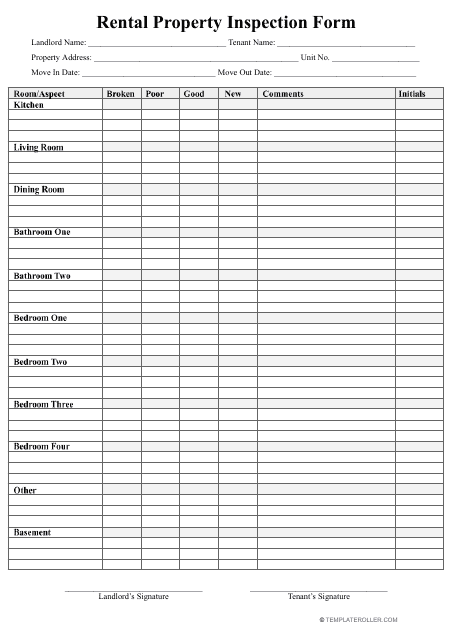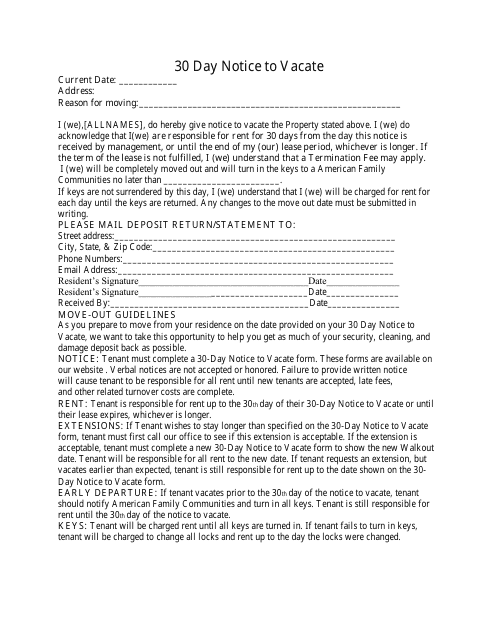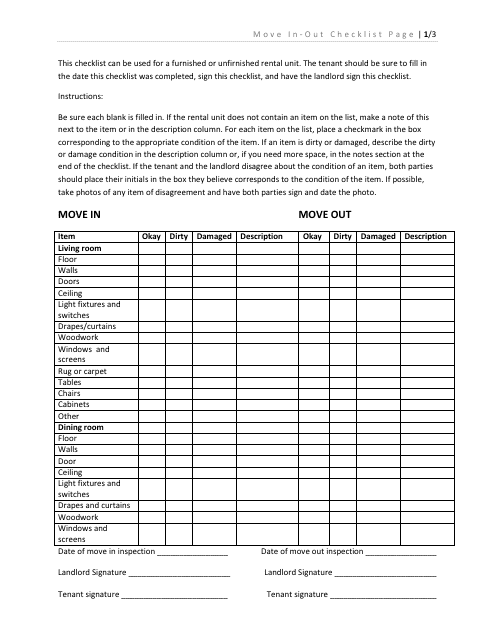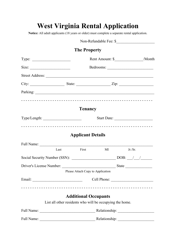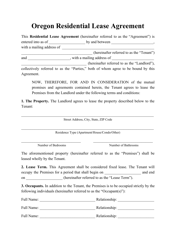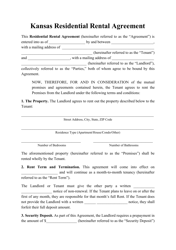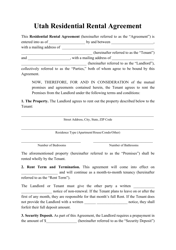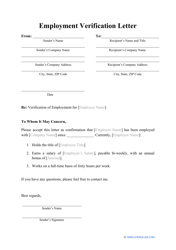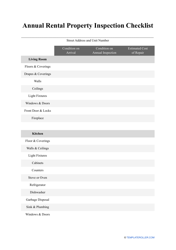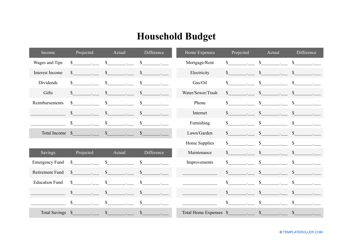How to Rent Your First Apartment? A Foolproof Guide to Renting Your First Home

Whether you are a recent graduate or moving out of your parent's home, renting your first apartment is exciting. Being on your own provides a lot of freedom but it is also challenging. There are a lot of things to take into account, papers to review and sign, and other issues that can be pretty intimidating. This guide will help you find and rent your first apartment as smoothly as possible.
What Do I Need to Rent an Apartment?
The basic steps to renting an apartment or a house include the following:
1. Budgeting. The first step you should take is to establish your first apartment budget. Finding an affordable apartment is the key - it is recommended to spend no more than 30 percent of your gross income on rent. However, the rent payment is not everything. You will also have to pay a security deposit for the first month. Also, keep in mind the utility expenses, such as the internet, heat, electricity, water, and gas. Moving out of your current place will also require expenses.
After you have figured out the numbers, start collecting paperwork. A landlord may want to verify the information about your income to be sure that you are able to pay your rent on time. Prepare your two most recent pay stubs, bank statements, or a letter from your employer. Be prepared to show your ID and a copy of your social security number. If you don’t have a steady job, a landlord may ask you for a co-signer for the rental lease. This person will act as a guarantee that you will pay your rent on time and will be responsible for payments if you miss them. Your landlord may not require a co-signer, but it is a good idea to find one just in case.
2. Searching. It is time to think about what you want from the apartment. Write down the criteria for your ideal apartment and start searching. At this step, you may realize that your budget is not enough. If this is your case, consider living with a roommate. Roommates share the rent and utility costs. Again, consider looking for the right person in advance, because even living with a best friend can be uncomfortable. A good idea is to make a roommate agreement to formalize your relationship and conditions for living together.
Pick three to five places you like best and arrange to visit them. Do not try to visit more than a few places at a time because this can be counter-productive. Take your time and do not rush making a decision. Remember that a rental agreement is a long-term business and moving out of the apartment before it expires can be difficult and costly.
3. Drafting your application. Now that you have found the perfect apartment and are ready to move in, it's time to fill out a rental application. A rental application is used to evaluate you as a potential tenant. When filling out the application, you provide information about your employment, the current place of residence and other background information. The landlord may request an application fee to perform a background and credit check.
If your application is approved, you and your landlord make a rental agreement or lease. Basically, the landlord agrees to let you live in the apartment and you agree to pay rent. The agreement will also contain additional conditions, such as rules regarding pets, making changes in the apartment, etc. The rental contract can be long-term or short-term. Short-term agreements last for a month and are automatically renewed after each monthly payment. Long-term agreements are usually made for a certain time period - for example, a year. Normally, they continue after this period on a month-to-month basis.
Your landlord will require a security deposit to cover expenses in case something breaks or goes missing. The amount of deposit must be written in the contract. Usually, it equals to your monthly rent. Before you sign it, double-check everything and ask questions if you have any. If you are renting with a roommate and/or have a co-signer, all participants must sign the agreement. When everything is settled, it is time to move into the apartment.
4. Moving into the apartment. Before you move in, document the condition of every item in the apartment. A rental move-in move-out inspection checklist with all items in the apartment sorted by the room might come in handy. Make two lists, one will be for your landlord and keep one for yourself. Eventually, you will move out of the apartment and if everything is in order, you will receive your security deposit back.
This document is used for conducting inspections on rental properties to assess their condition and identify any maintenance or repair needs. It helps landlords and property managers ensure that the property is well-maintained and in compliance with regulations.
5. Moving out of the apartment. When you decide to move out of the apartment, review your rental lease for rules regarding moving out and when should you give your landlord a move-out notice. Usually, the written notice should be sent at least 30 days before the moving date but your lease may have different requirements.
This 30-day notice to vacate is a detailed two-page sample notice with instructions and cleaning tips. It provides also a paragraph on cleaning inspection and move-out guidelines.
Review your inspection checklist and condition of the apartment. If necessary, make fixes after getting the landlord’s permission and remember to keep the receipts, as your expenses may be deducted from your current or last rent. Pay off your bills or prepare money in advance if the due date is after you move out.
This template is used to create a checklist for moving into or out of a property. It helps ensure that all necessary tasks are completed and nothing is overlooked during the process.
Look through your things and sell, donate, or throw away items you do not need anymore, do not leave them behind. When you pack your belongings, clean the apartment and arrange a moving out inspection with your landlord. If everything is fine, you will receive your security deposit.
Tips for Renting Your First Apartment
- When establishing your budget, do not miss anything. Take into account not only the rent but keep in mind the utilities, groceries, car payments, etc. You might want to ask a more experienced friend or family member for advice. Keep some extra cash on hand in case something unexpected occurs.
- Try not to stick to the first place you see even if it seems perfect, unless, of course, there is a shortage of rentals in your city. Explore the neighborhood, find shops, transport, read the local newspaper, maybe ask the locals. Take pictures of the apartments and the neighborhoods, document everything to compare later. Take your time making a decision.
- The same thing applies to the selection of a roommate. Do not hesitate to ask a lot of questions and compare your lifestyles. What is their opinion on pets or smoking? Are they a night owl or an early bird? Will they invite guests?
- This is one of the most commonly overlooked renting tips: while inspecting your potential apartment, do not be afraid to ask questions and check if something is working or not. Ask, if utilities are included in the rent, how the rent is paid, what to do if something is broken, etc.
- Review your lease very carefully before signing it.
- Consider a month-to-month lease for more flexibility.
- When moving in with a roommate, make a roommate agreement. Make your own or use a template. Write down everything and sign the paper. This might seem too formal, but this will prevent possible conflicts and misunderstandings later.
- Start decorating your place at least a week after you move in. Take your time to rest, get used to the new place, and sort out your belongings.
